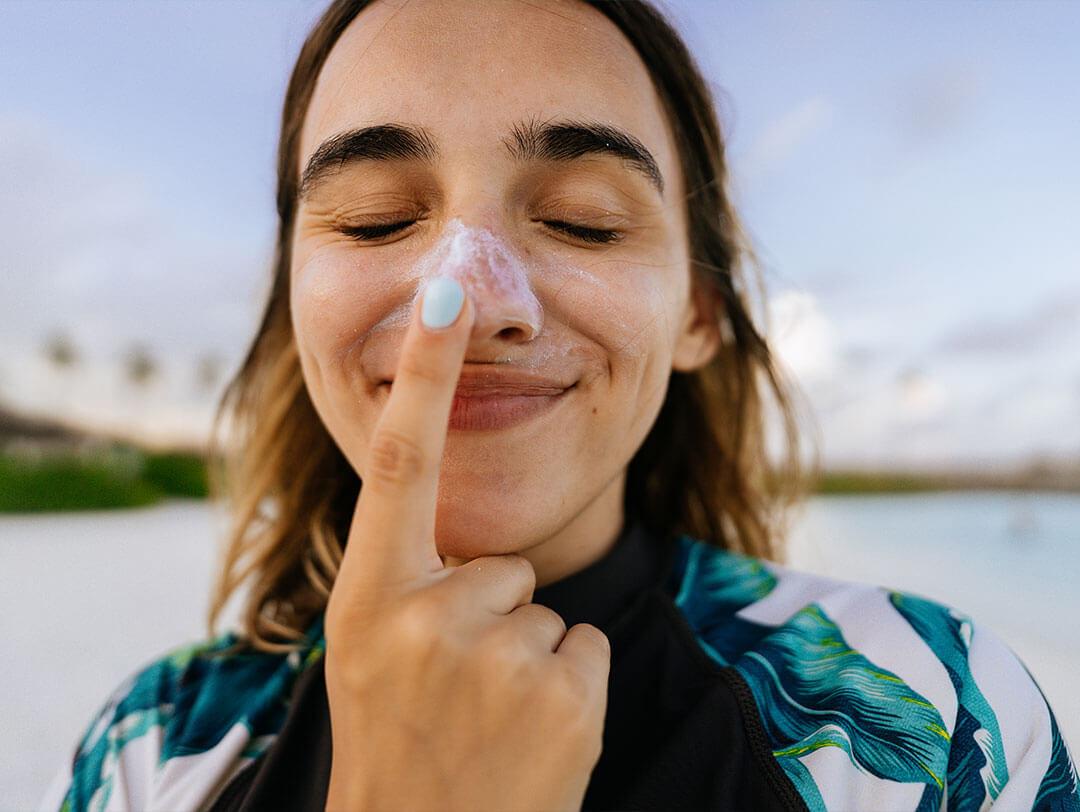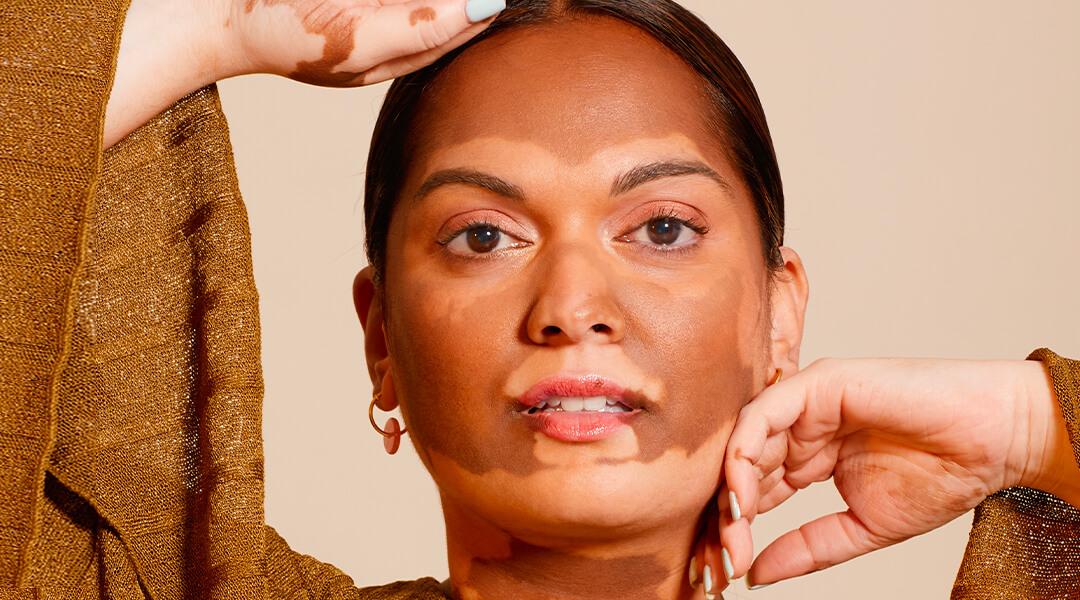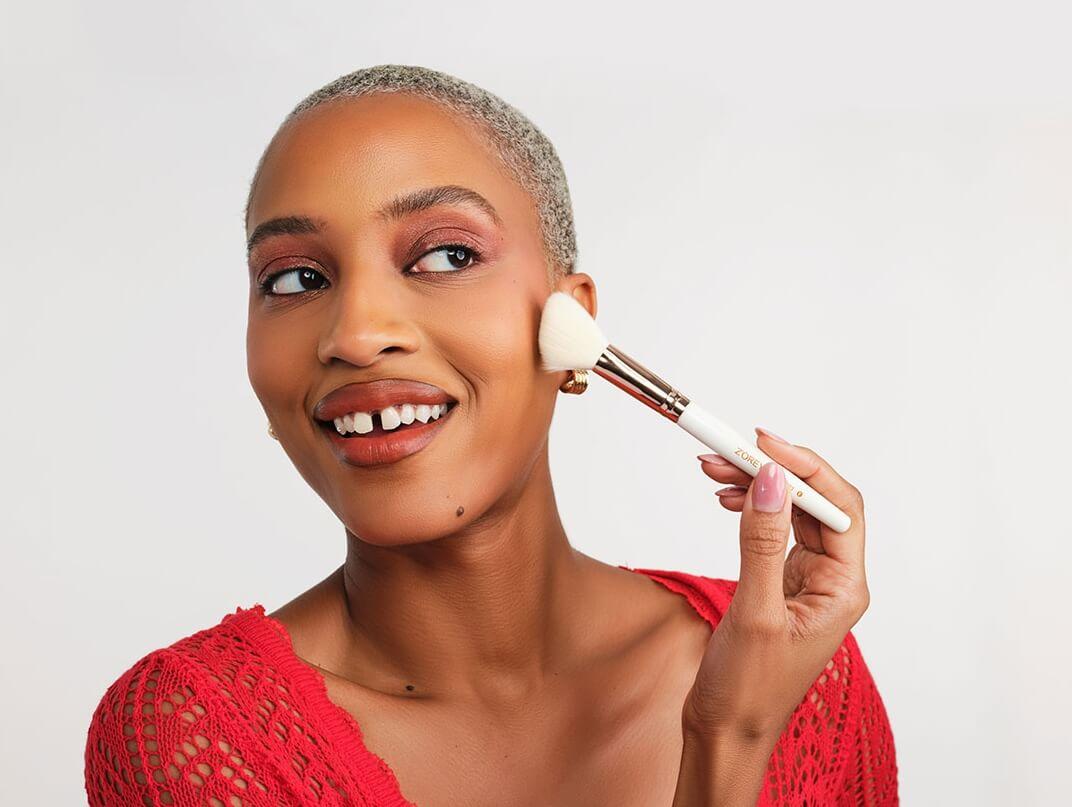Exposing the Top 12 Skincare Myths Holding You Back from Your Best Skin Yet



Chelsea Hall


In the ever-evolving world of skincare, myths and misconceptions arise, often clouding the path to achieving healthy, radiant skin. From old wives' tales passed down through generations to trendy tips popping up all over social media, separating fact from fiction can be daunting for beauty enthusiasts. However, we’ve come armed with accurate information to help you navigate the maze of skincare myths and be on your way to establishing effective routines tailored to your unique skin needs.
In this article, we aim to equip you with the tools necessary to sift through the noise and cultivate a skincare routine grounded in evidence-based practices. Whether it's the belief that sun protection is unnecessary on cloudy days or the misconception that natural ingredients are always safe, join us as we demystify popular skincare myths with the help of an expert to unlock the secret to radiant, healthy skin.
It's about glam time you treated yourself.
Join IPSY

MEET THE EXPERT
Marisa Garshick, MD, FAAD, is an NYC- and New Jersey-based board-certified dermatologist.
Skincare Myths Debunked by Experts
1. Skincare Myth: The Higher Percentage of SPF, the Better the Protection
Fact: "It is generally recommended to apply at least SPF 30 or higher, as this protects against 97% of UVB rays," advises dermatologist Marisa Garshick, MD, FAAD. "Although SPF 50 protects against 98% of UV rays, it is important that even with higher SPFs to reapply regularly and not have a false sense of security."
2. Skincare Myth: Popping Pimples Makes Them Go Away Quicker
Fact: "Popping pimples can trigger more inflammation and worsen the potential for scarring," explains Dr. Garshick. It is important not to pop your blemishes, as it is known to cause scarring and spread bacteria, often delaying the resolution of the breakout.
3. Skincare Myth: Natural Ingredients are Always Better for the Skin
Fact: "Some people can experience allergies and sensitivity to natural ingredients that can lead to skin reactions," highlights Dr. Garshick. "It's most important to find products containing science-backed ingredients."
4. Skincare Myth: You Don't Need Sunscreen if You Have Dark Skin
Fact: "Those with darker skin can also develop skin cancer and sun damage from UV exposure," warns Dr. Garschick. It is very important for darker skin tones to understand that even though darker skin tones are not prone to experience sunburn, it is still extremely imperative that you guard your skin barrier with an ample amount of protection.
5. Skincare Myth: Exfoliating Every Day is Good for Your Skin
Fact: "Exfoliating is not generally needed every day as over-exfoliation can disrupt the skin barrier and lead to skin irritation," Dr. Garshick advises. For light and effective exfoliation, reach for an exfoliant like GROWN ALCHEMIST Polishing Facial Exfoliant, as it works to gently slough away dead skin to leave you with a smooth and rejuvenated complexion.
6. Skincare Myth: You Only Need Sunscreen on Sunny Days
Fact: "UV damage can happen even on cloudy days, so it is important to always wear sunscreen," emphasizes Dr. Garschick. Do not be fooled by the lack of sun during a cloudy or rainy day; UV and UVB rays are still present.
7. Skincare Myth: Skincare Products Can Shrink Your Pores
Fact: Pore size is a characteristic that stems from personal genetics. "Skincare products cannot shrink your pores but can improve the overall appearance by helping to make them appear less clogged," explains Dr. Garshick. Products containing ingredients like salicylic acid or retinoids can effectively exfoliate and reduce congestion, giving the illusion of smaller pores.
8. Skincare Myth: Tanning Beds are Safer Than Natural Sunlight
Fact: Despite common misconceptions, Dr. Garschick warns that tanning beds are not safer than natural sunlight. "They pose significant health risks. Even just one tanning bed exposure can increase the risk of cancer. Tanning beds emit UVA and UVB radiation, which can penetrate deep into the skin and cause damage, including premature aging and skin cancer," explains Dr. Garshick. It's crucial to prioritize safer alternatives for achieving a sun-kissed glow, such as self-tanning products or bronzing lotions like DOLCE GLOW Self-Tanning Mist.
9. Skincare Myth: Acne is Caused by Poor Hygiene
Fact: Acne is primarily influenced by hormonal changes and genetics rather than hygiene alone. "While maintaining a clean face is important, acne is more complex, involving factors such as excess oil production, bacteria, and inflammation," notes Dr. Garshick. Proper skincare routines focusing on gentle cleansing and targeted treatments are more effective in managing acne than simply washing excessively.
10. Skincare Myth: Oily Skin Doesn't Need Moisturizer
Fact: Even oily skin requires hydration to maintain a healthy balance. "Skipping moisturizer can result in increased oil production as the skin is trying to compensate for lack of hydration," explains Dr. Garshick. Opt for lightweight, non-comedogenic moisturizers like FIRST AID BEAUTY’S Ultra Repair Oil-Control Moisturizer, explicitly formulated for oily skin to prevent clogged pores while providing essential hydration.
11. Skincare Myth: You Should Not Wear Makeup if You Have Acne-Prone Skin
Fact: "While certain makeup products can exacerbate acne, there are non-comedogenic and oil-free options available that won't clog pores or worsen breakouts," advises Dr. Garshick. Look for makeup labeled as "acne-friendly" and ensure thorough makeup removal by using a cleansing balm or oil such as the CLINIQUE Take the Day Off Cleansing Balm and following up with a gentle cleanser such as the FRESH Soy PH-Balanced Hydrating Face Wash at the end of the day to prevent pore congestion and potential flare-ups.
12. Skincare Myth: You Can Get Rid of Cellulite by Using Skincare Products Alone
Fact: Cellulite is a complex condition influenced by factors such as genetics, hormones, and lifestyle habits. "While some skincare products may temporarily improve the appearance of cellulite by tightening the skin, they cannot eliminate it entirely," clarifies Dr. Garshick. Combining topical treatments with lifestyle modifications such as a balanced diet and regular exercise can help reduce the appearance of cellulite over time.
Want to read up on more skincare-related content? Take our Beauty Quiz now to get started with your own IPSY beauty subscription. Already an IPSY member? Refer your friends to earn points, which you can use toward products. Either way, don’t forget to check us out on Instagram and TikTok @IPSY.
Like this article? Share it with your friends by clicking the icons below!
Liked this post? Share!
Related Stories


Try January
Easy Self-Care Tips That Make the Biggest Difference
Published on Jan 16, 2026 • 12 min read


Try January
Meet Try January, the 31-Day Beauty Challenge You’ll Actually Want to Keep
Published on Dec 22, 2025 • 3 min read


Try January
Skincare in 2026 Is All About Working Smarter, Not Harder
Published on Dec 19, 2025 • 7 min read


Try January
2026’s Biggest Makeup Trends Are a Maximalist Dream
Published on Dec 19, 2025 • 8 min read


Try January
Try One of These 12 Skin Tints to Show Off Your Natural Glow
Published on Jan 25, 2025 • 4 min read


Try January
Enter Your Blush Era With These 14 Gorgeous Blushes for Every Skin Tone
Published on Mar 19, 2025 • 3 min read


Try January
Hair Cycling Is TikTok’s Latest Craze—Here’s How to Do It From the Pros!
Published on May 20, 2025 • 4 min read


Try January
Here’s How to Nail TikTok’s “Contrast Theory” Makeup Trend
Published on Dec 14, 2025 • 4 min read


Beauty Picked Just for You
Get 5 products worth up to $70
Plus exclusive access to epic deals up to 80% off
Starting at just $14/month. Cancel anytime.